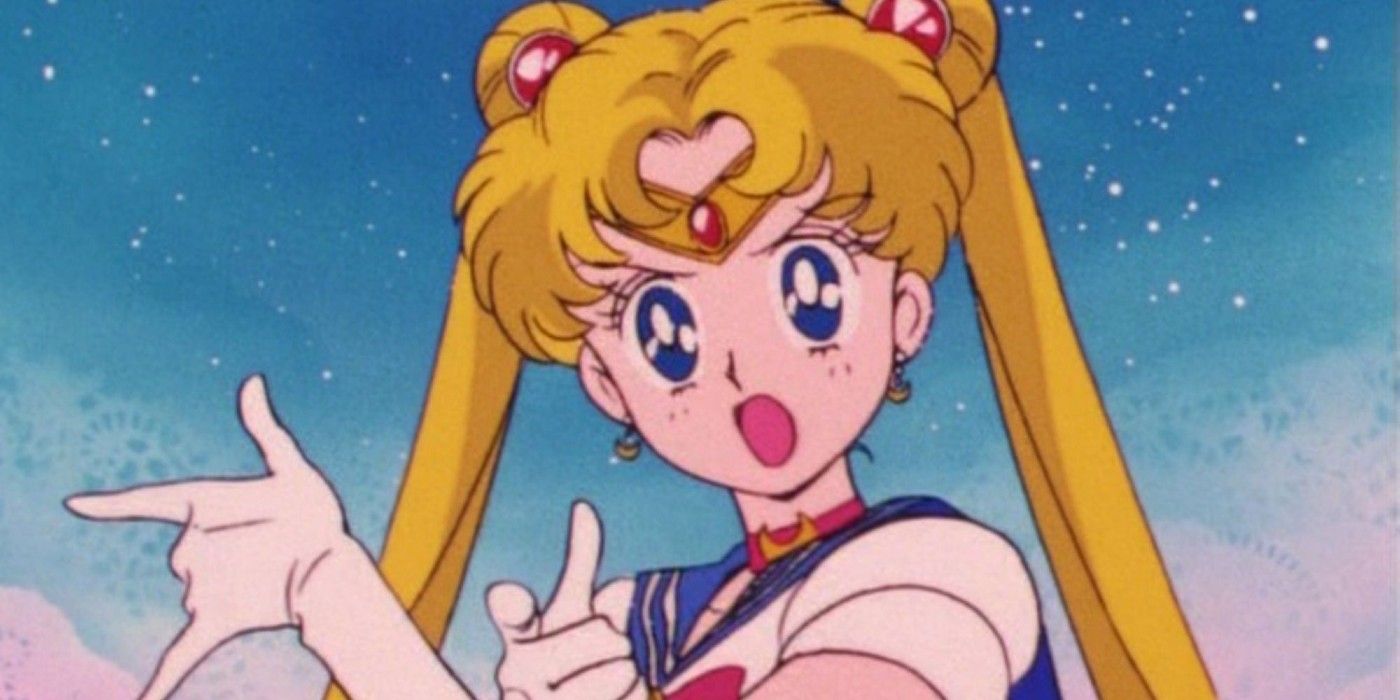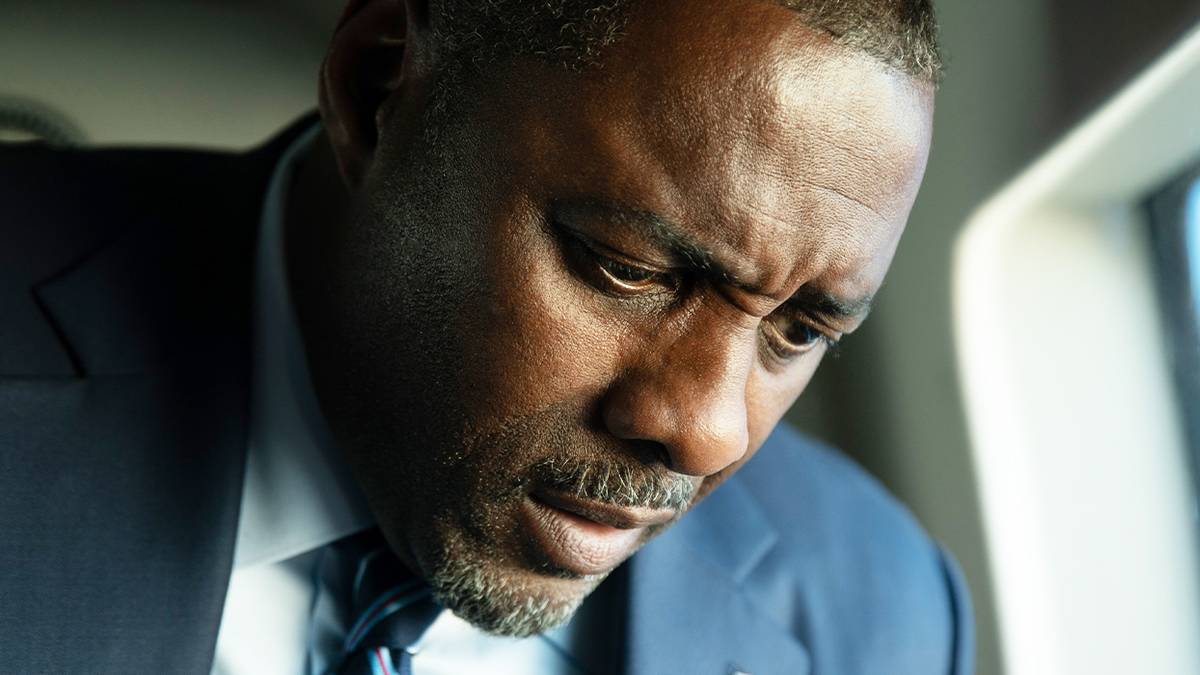Chavez Jr. Legal Turmoil: From Prison Release to Cartel Trial Over Alleged Ties
Julio César Chávez Jr., the prominent Mexican boxer, has been thrust into a complex legal battle in Mexico following his recent deportation from the United States. After being arrested in the U.S. for overstaying his visa and providing false information on a green card application, Chávez Jr. was deported on August 19, 2025, and immediately transferred to a prison outside Hermosillo in Sonora state. This action followed an existing arrest warrant in Mexico for alleged cartel ties, specifically involving arms and drug trafficking and connections to the notorious Sinaloa Cartel. Mexican President Claudia Sheinbaum confirmed his arrival and her previous hope for his deportation to face charges.
Just days after his deportation and subsequent detention, a Mexican judge in Hermosillo ruled on August 24, 2025, that Chávez Jr. could await trial outside of detention, albeit with strict conditions. He was released from prison on Sunday but is explicitly prohibited from leaving Mexico. The court also granted an additional three-month period for further investigation into the case. His lawyer, Ruben Fernando Benítez Alvarez, has publicly dismissed the accusations against his client as mere "speculation" and "urban legends."
The legal troubles for Chávez Jr. in Mexico stem from a comprehensive investigation initiated by Mexican prosecutors in 2019. This inquiry was prompted by a U.S. complaint against the Sinaloa Cartel, covering a spectrum of organized crime activities including human trafficking, arms trafficking, and drug trafficking. An arrest warrant for Chávez Jr. himself was issued in Mexico in 2023, though authorities noted at the time that he largely remained in the U.S., which prevented his detention until his recent deportation. His U.S. arrest in July 2025 occurred just days after a high-profile boxing match against American Jake Paul in Los Angeles. This broader investigation has also implicated other significant figures, including Ovidio Guzman Lopez, son of convicted drug lord Joaquín "El Chapo" Guzman, who was arrested in January 2023 and extradited eight months later.
Chávez Jr.'s career and personal life have frequently been overshadowed by controversy. He has openly struggled with addiction to various drugs, leading to failed drug tests, suspensions, and widely criticized instances of missing weight for fights. Beyond his current legal entanglements, his past includes a 2012 conviction for drunken driving in Los Angeles, resulting in a 13-day jail sentence. More recently, in January 2024, he was arrested on gun charges for possessing two AR-style ghost rifles. He was subsequently released on a $50,000 bond, contingent on his attendance at a residential drug treatment facility, a case which remains pending with regular progress reports required.
The high-profile nature of Chávez Jr.'s case has drawn considerable attention, particularly as it unfolds amidst pressure from the U.S. (specifically the Trump administration, mentioned in one source) on Mexico to intensify efforts against organized crime, exemplified by visa cancellations for notable Mexican figures and increased deportations. His father, the legendary Julio César Chávez, a boxing icon of the 1980s and 1990s, was known to associate with dealers and claimed friendship with drug lord Amado Carrillo Fuentes. While the elder Chávez defended his son after his initial U.S. arrest, he has remained publicly silent since the deportation, leaving the younger Chávez to navigate these severe allegations under intense public scrutiny.
Recommended Articles
Boxing Legend Julio Cesar Chavez Jr. Embroiled in Cartel Tie Allegations and Legal Drama

Mexican boxer Julio César Chávez Jr. has been deported from the U.S. to Mexico following his arrest for visa violations,...
Boxing Star's Nightmare: Julio Cesar Chavez Jr. Deported, Faces Cartel Trial

Boxer Julio César Chávez Jr. has been deported to Mexico, where he faces trial for alleged cartel ties after his arrest ...
Boxing Legend's Legal Nightmare: Julio Cesar Chavez Jr. Facing Trial and Deportation!

Mexican boxer Julio César Chávez Jr. has been deported from the U.S. and subsequently released from prison in Mexico, wh...
Chavez Jr.'s Legal Nightmare: Deportation, Trial, and Release Amid Cartel Allegations

Mexican boxer Julio César Chávez Jr. has been deported from the U.S. to Mexico, where he faces trial for alleged cartel ...
Boxing Icon's Legal Battle: Julio Cesar Chavez Jr. Faces Cartel Ties, Prison Release

Boxer Julio César Chávez Jr. has been deported to Mexico after a U.S. arrest, now facing trial for alleged cartel ties a...
You may also like...
Arsenal Dominance: Eze's 'Magic Moment' Against Former Club Propels Gunners to Top!
)
Arsenal extended their winning streak to seven games with a hard-fought 1-0 victory over Crystal Palace, thanks to Ebere...
Guardiola's Fury: Haaland Caged as Aston Villa Delivers Crushing Blow to Man City's Title Hopes!
)
Manchester City suffered a 1-0 defeat against Aston Villa, with Matty Cash scoring the decisive goal. Pep Guardiola refl...
Iconic 'Sailor Moon' Returns to Netflix After Years of Streaming Turmoil

Sailor Moon Crystal has made a welcome return to Netflix in the U.S. and Canada, bringing a faithful adaptation of the i...
Anime Dominates Box Office as 'Chainsaw Man' Smashes Records, 'Springsteen' Falters

Crunchyroll's “Chainsaw Man – The Movie: Reze Arc” soared to the top of the box office, affirming anime's growing global...
Global Power Couple Alert: Katy Perry & Justin Trudeau Confirm Romance in Paris Debut!

Katy Perry and Justin Trudeau have officially confirmed their relationship, making their first public appearance as a co...
Taylor Swift's 'Showgirl' Album Reigns Supreme for Third Week on Billboard 200!

Taylor Swift’s "The Life of a Showgirl" achieves its third consecutive week at No. 1 on the Billboard 200 chart for Nove...
Inside 'A House of Dynamite': Stars Unveil Nuclear Thriller's Political Depths

"A House of Dynamite," Kathryn Bigelow's latest political thriller, features an all-star cast including Jared Harris and...
Climate Crisis Unleashes New Health Threats Across Africa; 'One Health' Solution Emerges

The One Health approach is critical for Africa's climate change and global health resilience, integrating human, animal,...